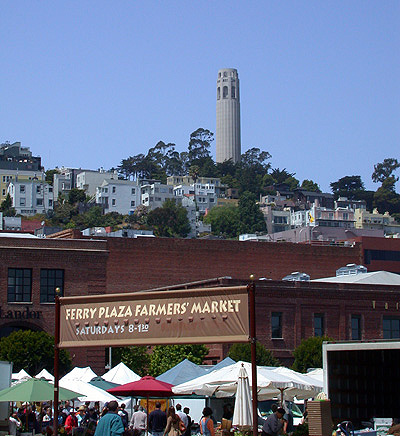Recovered from the Wayback Machine.
Earlier in the week I made a statement about Radio being centralized that caused some interest and reaction from the Userland folks and others. A lot of back and forth and intense discussion in the comments associated with the postings here and here and continued at Backup Brain (here and here) as well as at Doc Searls and, of course, Userland — both John Robb and Dave.
A lot of cross-posting and cross-discussion. Some confusion. More discussion.
Other than pointing out the links I don’t want to go back and rehash the old stuff. As a point of clarification I did want to say that Radio doesn’t have a dependency on Userland’s or any other RCS (Radio Cloud Server) if you choose the FTP option to upload your files, and don’t use the Radio comments or upstreaming. That’s not to say that there isn’t connectivity between the Radio application and the server, Userland’s by default. There is a handshake that occurs when your Radio application starts, and when you shut it down, and there is no way to disable this as far as I have been able to find out by going through all the associated script. If there is a way, Userland will have to point this out.
Dave also wrote his views of the more popular weblogging tools and how they compare from a centralization point of view. And this essay is something I do want to talk about. However, I’m going to try and talk about it in such a way that I question the views not the person. I guess my comments will tell me if I’m successful in this or not.
In his essay, Dave writes that Blogger is centralized for editing and decentralized for reading. I agree with this assessment. If you host your Blogger weblog on Blogspot, then the tool is centralized for editing and reading; but you don’t have to host your weblog on this server, you can easily use your own.
I had a Manila site from Userland before I switched to Blogger and, again, I agree with Dave’s assessment that Manila is centralized from both an editing and reading perspective.
Where I disagree with Dave’s conclusion is his interpretation of Movable Type being “centralized” because the tool and the posted content rest on your own server.
If Blogger’s posts are decentralized because they can reside on your server, then the same logic must, must apply to Movable Type. And if Movable Type’s posts are decentralized then the tool, which resides in the same location, must also be decentralized.
Finally, I agree with Dave’s assessment of Radio in that the posts can be decentralized (hosted on your own server), and the tool itself for the most part is decentralized but there are some aspects of the tool that aren’t autonomous (I grabbed that from Doc, it is a better fitting word). It does communicate with the RCS — Userland by default, though this can be replaced by your own RCS if you wish to host it.
One other aspect of Dave’s Essay that I thought was interesting and perhaps explains where we have such different viewpoints is this concept of community services. In my own opinion, a weblogging tool is just that — a tool to create a weblog. Associated with this is the ability to archive postings, add other content, and faciliate comments.
To me, community enters the picture through the people rather than the technology. People link to a weblog posting, or add comments or both. Eventually, you can get a chained sequence of communication going, as was demonstrated with the postings earlier this week related to this topic.
I think, though, that Dave sees a more important role for technology in this process, through community servers providing services such as chat, technologies such as news aggregator, OPML outlines and so on.
Neither of our viewpoints are wrong — they’re just different. But they do color our perspective on other aspects of “weblogging”. However, this can add interest to the whole discussion.
After all, if we all thought alike, then we wouldn’t need weblogging, now, would we?
Update 5/5/02 Thread continued here.


